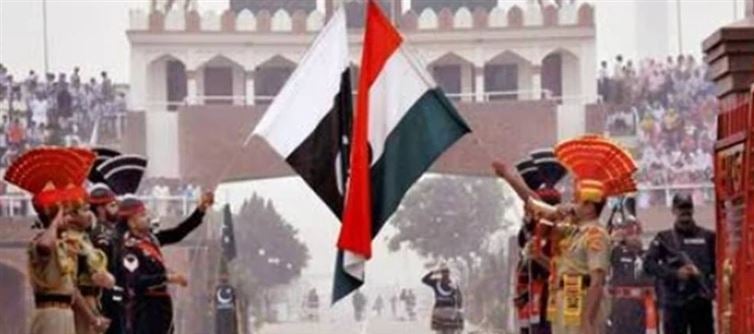
"The integrated checkpost Attari will be closed with immediate effect. Following a 2.5-hour CCS meeting presided over by prime minister Narendra Modi, Foreign Secretary vikram Misri stated, "Those who have crossed over with legitimate endorsements may return through that route before May 1st, 2025."
In response to the terrible attack that killed 26 innocent victims, the action is part of increased national security measures meant to deter cross-border threats and send a clear message.
For many years, the Wagah-Attari border in Punjab, close to Amritsar, has served as a practical and symbolic gateway for limited trade and interpersonal interactions between india and Pakistan.
Since it was the only road crossing that civilian passengers could use, it served as a tenuous link that the most recent government order quickly broke.
The shutdown has a great deal of symbolic significance. Every evening, audiences assemble at this exact bridge to watch a spectacular military performance in which soldiers from both countries participate in a coordinated, exuberant ritual that perfectly encapsulates their long-running rivalry.
The daily ritual, which began in 1959, has endured numerous border conflicts and diplomatic crises, going on virtually unabated as a rare stability in an otherwise tumultuous relationship.
Following the terror assault in Pahalgam, the Modi government announced several broad diplomatic and strategic actions targeted at pakistan, including closing the Attari-Wagah border. This marked a dramatic increase in bilateral tensions.
Speaking to the media, Foreign Secretary vikram Misri highlighted India's strong opposition to cross-border terrorism.
The main statement was the suspension of the Indus Waters Treaty, which has been a fundamental agreement between india and pakistan since 1960 that governs the usage of river waters. The deal will remain in limbo until pakistan takes "credible and irrevocable" steps to destroy terror networks operating from its territory, Misri made plain.
India has taken yet another strong step by suspending the SAARC Visa Exemption Scheme for citizens of Pakistan. Pakistani nationals currently in india under the Special Purpose Exemption Scheme (SPES) have been given 48 hours to depart the country, and all previously issued SPES visas have been revoked.
Additionally, Pakistani military troops stationed at the High Commission in New delhi have been instructed to leave by the government. Advisors in the fields of defense, military, navy, and aviation have been deemed persona non grata and are required to depart the nation within a week.
India would remove its own Defense, Naval, and air Advisors from its High Commission in Islamabad in retaliation for this action. As a result of the growing trust gap between the two countries and a further diplomatic distancing, these positions will be revoked in both missions. When combined, the actions signal a new, more aggressive stance in India's policy against pakistan and send a clear message that terrorism would not be tolerated.




 click and follow Indiaherald WhatsApp channel
click and follow Indiaherald WhatsApp channel